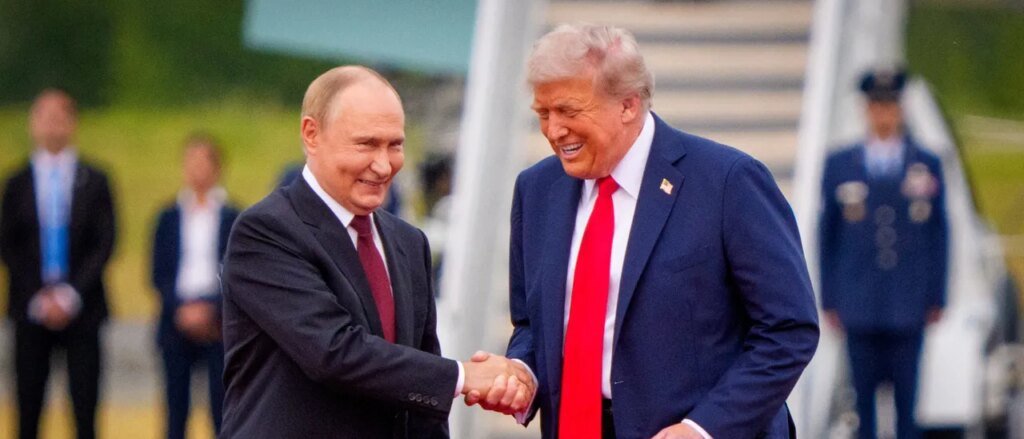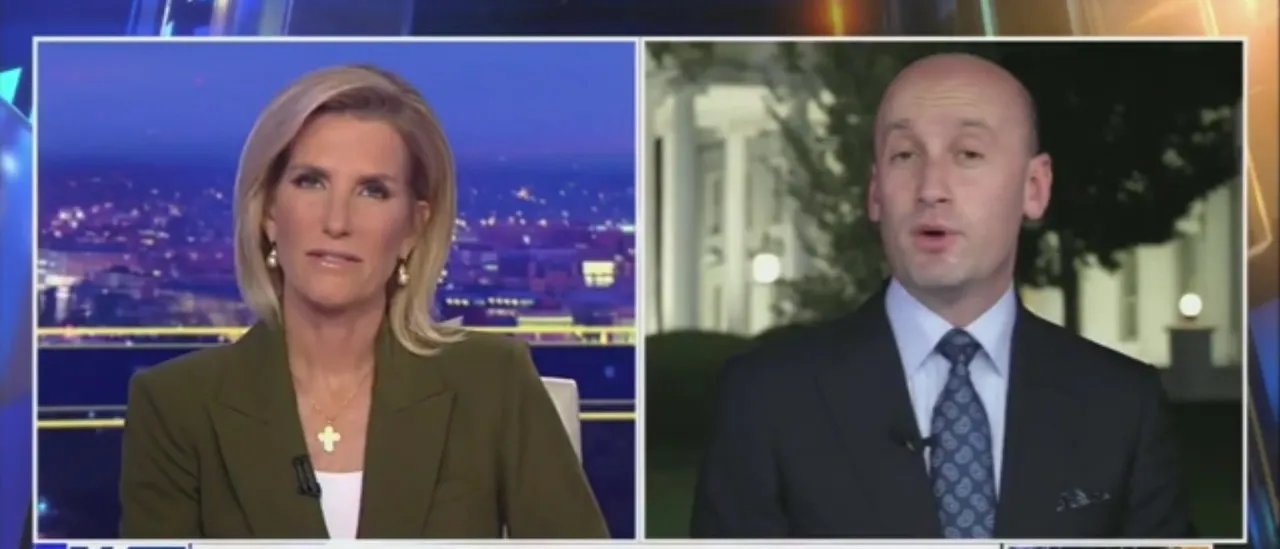Switzerland’s Diplomatic Milestone
As Switzerland approaches the 40th anniversary of the historic summit between President Ronald Reagan and Soviet General Secretary Mikhail Gorbachev, recent events have drawn parallels. Just days ago, President Donald Trump engaged in a significant summit with Russian leader Vladimir Putin and held a notable White House meeting with Ukrainian President Volodymyr Zelensky and European leaders.
Much like Reagan’s time, President Trump traveled to Alaska to confront Moscow’s troubling actions, leveraging his position for peace. This was a key point in his campaign, promising a shift in foreign policy, and now, he seems to be putting that promise into action. The global community is watching closely. It’s not just a matter of domestic challenges for Trump; he faces a concerted effort to establish international norms in the name of peace. The impending 2024 elections could significantly influence this trajectory.
Putin’s willingness to meet Trump on U.S. soil signifies respect, stemming from prior experiences where he refrained from aggression during Trump’s first term. Essentially, Putin recognizes that when U.S. security is at stake, Trump is prepared to act decisively. The stark difference compared to previous administrations—when Putin felt emboldened to invade—was evident.
The Anchorage summit was another opportunity for Trump to push for peace. The meeting with Zelensky and European leaders represents a positive move forward. Now it’s essential for Putin and Zelensky to engage in discussions to halt the violence—again, the world is watching.
In his first seven months in office, Trump has been actively reshaping his approach to foreign policy. Not only is he working toward peace among nations involved in conflicts worldwide, but he also projects a willingness to use force against those who threaten stability. His efforts, which have resulted in peace processes between various nations, are generating a hopeful ripple effect globally.
As he engages with world leaders, Trump brings discussions around how the U.S. can aid in fostering a brighter future for people everywhere. His unique approach has positioned him to prioritize American interests while also seeking mutual benefits.
However, facing numerous global challenges, Trump has been resolute against terrorist threats. His support for Israel amid conflict with Hamas and decisive actions against Iran’s nuclear ambitions clearly show his unwavering stance on security. Through his leadership, Trump reinforces that there are severe consequences for those attempting to disrupt peace.
Consequently, Putin appears cautious, understanding the need for negotiation. Trump’s diplomatic and military tactics are unlike those of his predecessors. He’s not one for passivity; instead, he desires peace but isn’t afraid to wield significant power when required. Should economic sanctions be leveled against Russia, they could provoke escalated violence.
Trump asserts that Putin’s lack of aggressive advances in Ukraine is largely due to the complexities surrounding his political situation. Trump’s resurgence on the global stage has prompted a reevaluation of Russia’s tactics. Interestingly, even former Secretary of State Hillary Clinton has suggested that Trump could deserve a Nobel Peace Prize if he successfully mediates peace between Putin and Zelensky, indicating that real progress might be on the horizon.







